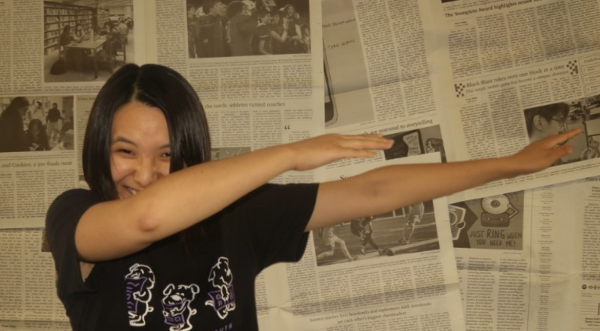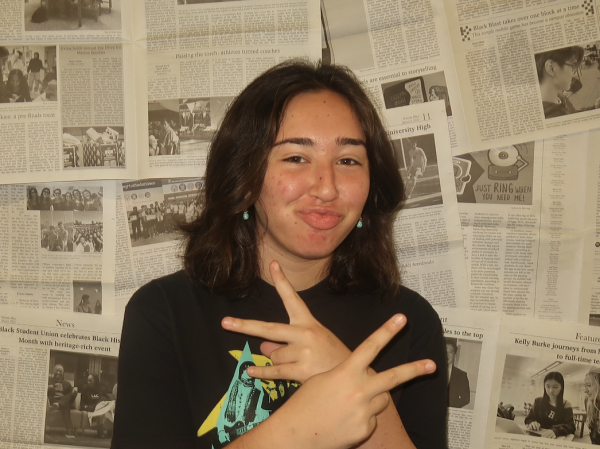Country music legend Dolly Parton released her newest studio album “Smoky Mountain DNA: Family, Faith and Fables” on Nov. 15. Various members of Parton’s family are featured in the 37-song, multi-genre album to showcase their storied musical legacy and cultural ties to the Appalachian region. Using voice recordings as old as 50 years old, the album employs AI technology to remove background noise from the voices of deceased singers.
“Smoky Mountain DNA”
Dolly Parton’s signature country twang shines through in the eponymous track of the album. Her husky yet exuberant voice and Southern enunciation celebrate her deep-rooted Appalachian heritage by referencing her hometown throughout the song: “Where the sassafras and the ginseng grows / breathing in that sweet blue smoke / It’s in my blood / it’s in my soul / it’s in my DNA.” With over 200 years of family history in the United States, Parton lays her claim to the Great Smoky Mountains of East Tennessee through her powerful lyrics.
“My Tennessee Mountain Home”
First released in 1973 and reprised for the album, this upbeat country classic describes Parton’s mundane life in her “Tennessee Mountain Home.” Using mellow guitar and her soft head voice, Parton sings about “Sittin’ on the front porch on a summer afternoon / In a straight-back chair on two legs, leaned against the wall.” Evoking childhood nostalgia, the song successfully encapsulates the feeling of looking back at memories after experiencing the trials and tribulations of adulthood.
“I’ll Live In Glory”
Dolly Parton and her maternal grandfather Jake Owens provide insight into their Christian faith in a medley of scratchy vocals and banjo chords. The two singers jauntily praise God for granting them a paradise where they can “live in glory / by and by” after death. They then sing “I’ll tell and sing my story / There on high,” capturing the importance of religion to Parton’s family and how it has shaped their outlook on mortality.
“Mama’s Special Touch”
Dolly Parton and her sister Cassie Parton Griffith pay tribute to their deceased mother Avie Lee Owens in this soulful melody. The sisters reminisce about their mother’s tender care, harmonizing during the chorus: “Mama’s flower garden / I love it so much / ‘Cause each little flower / Has Mama’s special touch.” Although Owens’ absence pains the people — metaphorized by withering flowers — that she left behind, the song ultimately ends on a sanguine note by commemorating her life and the lasting impact she had on her daughters’ individuality.
“A Rose Won’t Fix It”
In this emotionally-charged rock and country track, Dolly Parton and her niece Heidi Parton confront abusive partners who have crossed the line too many times. Though she mainly provides background vocals to Heidi Parton’s smooth voice, Dolly Parton joins her niece in proclaiming that “This time it won’t do the trick / This love is too far gone to fix / And a rose won’t fix it, a rose won’t fix it / Don’t bother with your roses now.” A frenetic instrumentation of drums, electric guitar, and percussive sounds reflect the singers’ anger toward these insurmountable mistakes.






